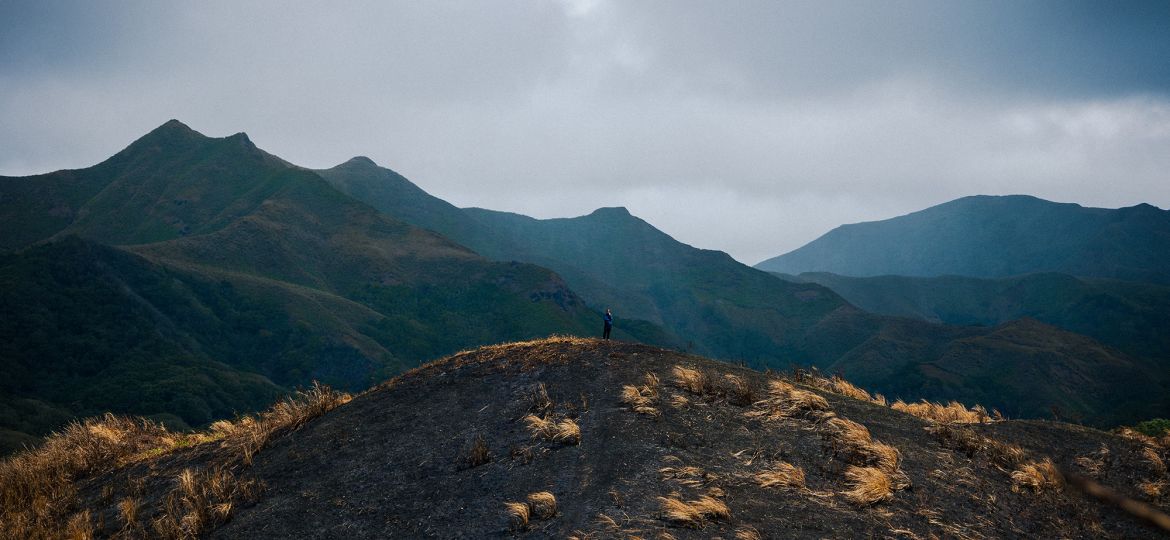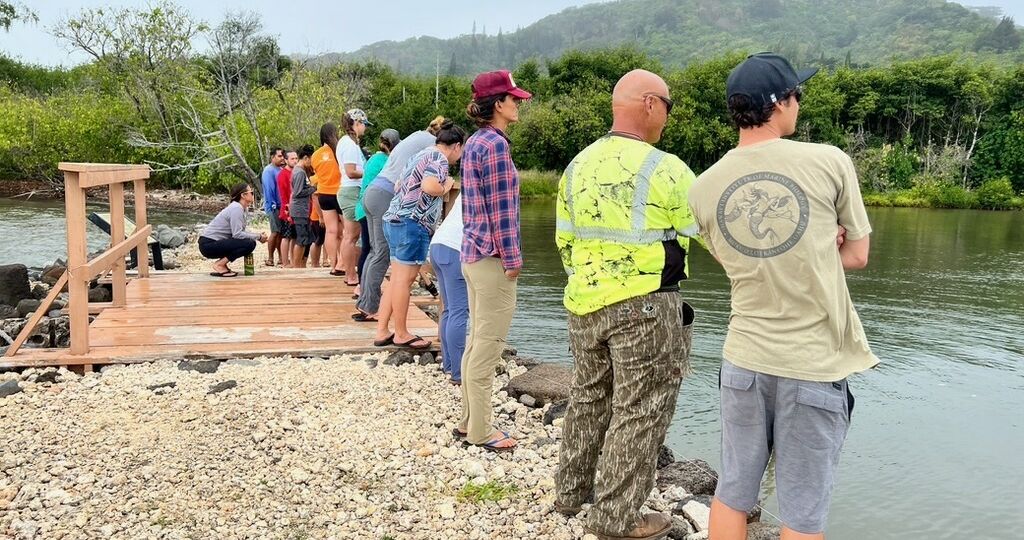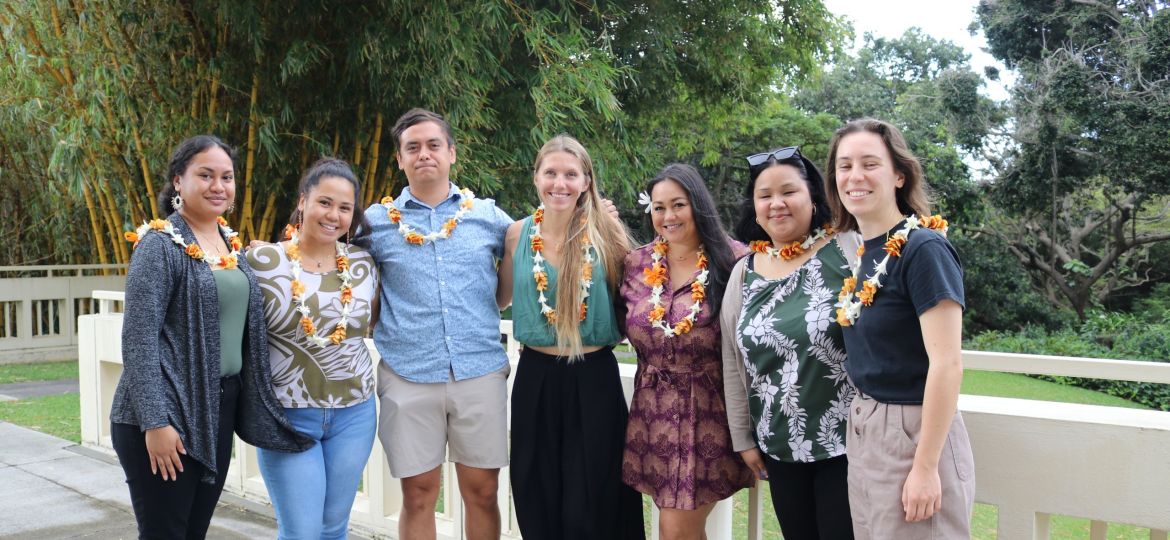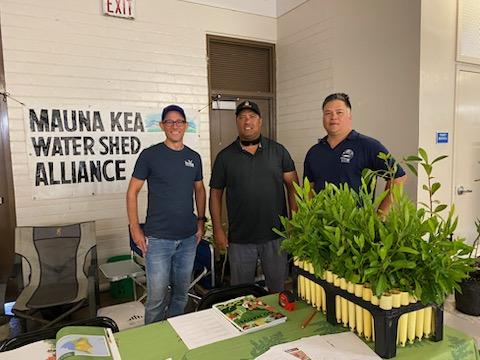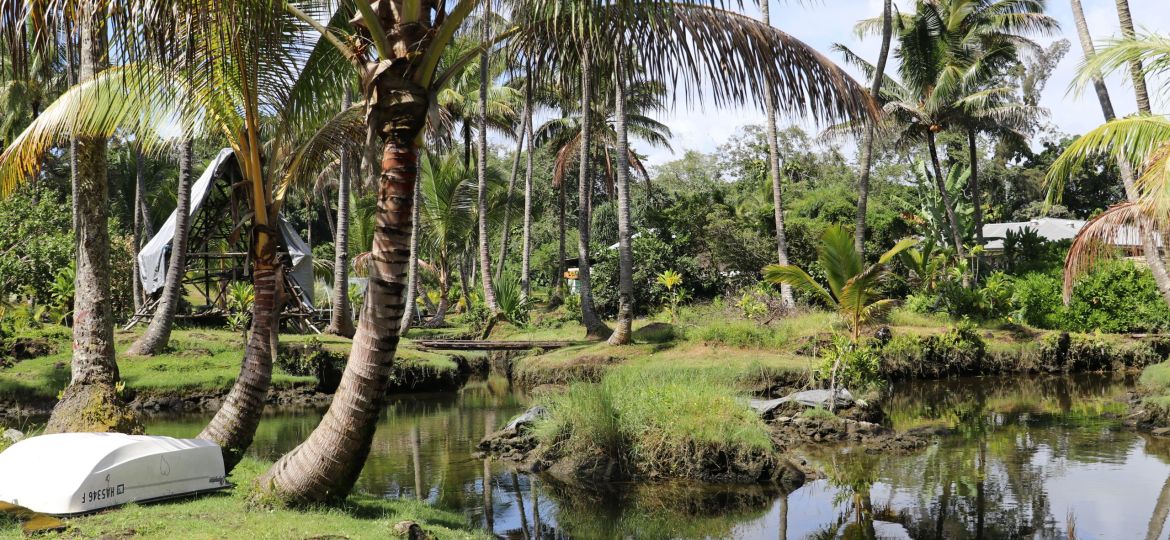PI-CASC researchers, staff, and students took to the stage for the annual conference in Guam.
News
Researchers, partners share information and tips to raise awareness on the current season for high chances of drought and wildfires.
Maui native Sean Swift is working to assess the impacts of urban wildfire on coral reefs in Lahaina.
A toolkit helps resource managers use eDNA to learn more about the fish species that are present in their areas.
The hybrid symposium will bring together graduate students from the UH and UOG to share research.
Organizations collaborate on creating a model sustaining relationships beyond a singular event.
PI-CASC welcomed Dr. Ryan Longman as the new full-time Consortium Program Director at the University of Hawaiʻi at Mānoa.
An organization dedicated to loko iʻa restoration and K-12 education will partner in a project involving underwater live streams.
The 49th USCRTF Meeting was held from Nov. 11 to 15, 2024, in Saipan.



